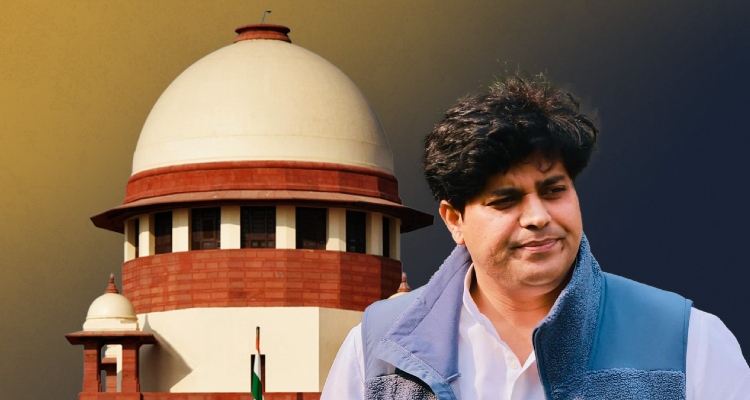
In a decisive position for free speech, the Supreme Court on Friday condemned the Gujarat Police for filing an FIR against Congress MP Imran Pratapgarhi regarding a poem he shared on social media.
The Court annulled the FIR, emphasizing that freedom of speech and expression can’t be restricted due to the sensitivities of those who are offended by minor critiques.
Court Stresses
The Bench, composed of Justice AS Oka and Justice Ujjal Bhuyan, remarked that the crime of inciting hostility between religious groups under Section 196 of the Bharatiya Nyaya Sanhita must not be assessed by the standards of “fragile minds” but should be examined from the viewpoint of “undaunted minds. ”
“Police officers, as citizens, must uphold constitutional rights. Offences under Section 196 BNS ought not to be assessed by those who view every critique as an assault,” the Court maintained.
Legal Protections
The Court emphasized the significance of Section 173(3) of the Bharatiya Nagarik Suraksha Sanhita (BNSS), which mandates a preliminary inquiry before pursuing offences that carry a penalty of imprisonment ranging from three to seven years. This, the Court noted, is crucial to safeguard fundamental rights against arbitrary legal measures.
Background Case
The Gujarat Police had charged Pratapgarhi following a complaint by a clerk of an advocate, who alleged that a poem—“Ae khoon ke pyase baat suno…”—posted by the MP on social media was offensive. The police invoked Sections 197 (prejudicial imputations against national unity), 299 (intentional actions to provoke religious sentiments), and 302 (speaking words to hurt religious feelings) of the BNS.
Previously, the Gujarat High Court had declined to dismiss the FIR on January 17, prompting Pratapgarhi to seek relief from the Supreme Court.
During the proceedings, the Supreme Court noted that the poem was neither anti-religious nor anti-national. It also called on police authorities to exhibit greater sensitivity and a better comprehension of free speech principles.
Freedom of Speech
In its ruling, the Court reaffirmed the significance of free expression, asserting that the capacity to convey thoughts and opinions is vital to a civilized society and crucial for a dignified life in accordance with Article 21 of the Constitution.
“In a vibrant democracy, opinions and perspectives should be challenged with other viewpoints instead of being suppressed,” the Bench highlighted.
Literary Expressions Protected
The ruling also highlighted the value of literature, poetry, satire, drama, and other artistic forms as critical expressions of free speech. The Court insisted that even if a particular opinion is unpopular, the right of the individual to express it must be upheld and safeguarded.
“Courts have an obligation to protect and enforce the rights guaranteed by the Constitution,” the ruling declared.
Excessive Restrictions Unlawful
The Court further clarified that reasonable limitations on free speech under Article 19(2) of the Constitution must not be excessive or “fantastical” and should not diminish the fundamental right under Article 19(1).
With this decision, the Supreme Court reaffirmed its responsibility in protecting free speech and stopping unwarranted legal actions against individuals for sharing their views.
Read More: Supreme Court, Delhi High Court, States High Court, International




